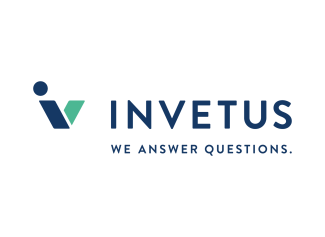
Naomi Yudanin
Head of Data & AI
Junction

Luu Ireland
Chief Medical Officer
Planned Parenthood League of Massachusetts

Kate Davies
Vice President of Medical, Women’s Health & Longevity
Ultrahuman

John Faulkner
CEO
The Faulkner Group

Imen Maaroufi Clark
CEO
Prickly Pear Health

Angie Lee, MD, FACOG
Executive Medical Director, Women’s Health Care
Bayer

Jamie Grossman, PhD, MBA
National Account Director, Health Economics & Outcomes Research
Bayer

Sam Winders
Account Director
Patsnap
Sam is the lead representative for the healthcare and life sciences team at Patsnap. One of the organization’s longest serving employees, Sam works closely with our leading customers and the Patsnap product development team to ensure that our customers’ needs our met and that Patsnap continues to rapidly expand the technical frontier within the evolving drug discovery space.

